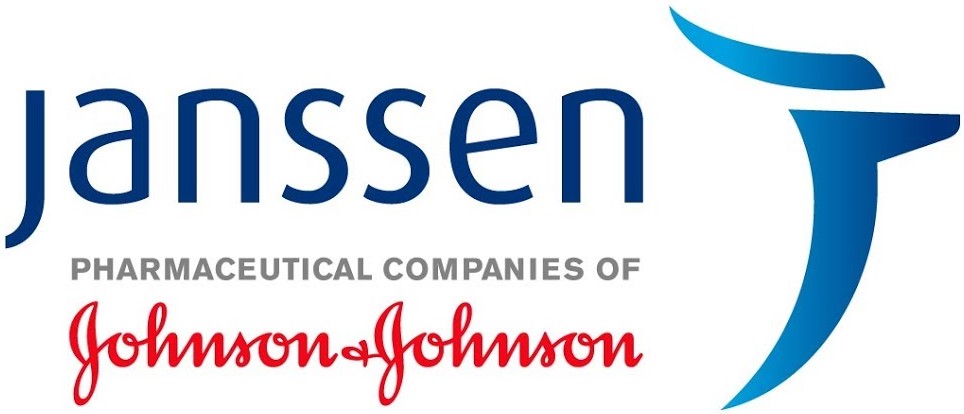The Myeloma and Related Diseases Registry (MRDR) has been collecting and interpreting healthcare information about the diagnosis, treatment and outcomes of myeloma in Australia and New Zealand since 2012.
It is a register of patients diagnosed with multiple myeloma, monoclonal gammopathy of undetermined significance (MGUS), plasma cell leukaemia or plasmacytoma.
The MRDR collects data on patterns of treatment and variation in patient outcomes (both survival and quality of life). Ultimately, it will help clinicians and hospitals to provide the best possible care to people with these conditions and allow evaluation of the translation of advances in therapy (such as the introduction of new targeted therapies) into long-term outcomes, outside the setting of clinical trials.
The daily running of the registry is performed by the Transfusion Research Unit, School of Public Health and Preventive Medicine, Monash University. Registry governance (see below) involves the MRDR Steering Committee.
There is now a sister Asia-Pacific MRDR (APAC MRDR), and the registry has links with the Australasian Myeloma Research Consortium (AMaRC).






The aims of the MRDR are to:
The MRDR Steering Committee comprises clinical and epidemiological experts, a specialist myeloma nurse consultant and a carer’s representative. They meet quarterly and oversee the following functions: